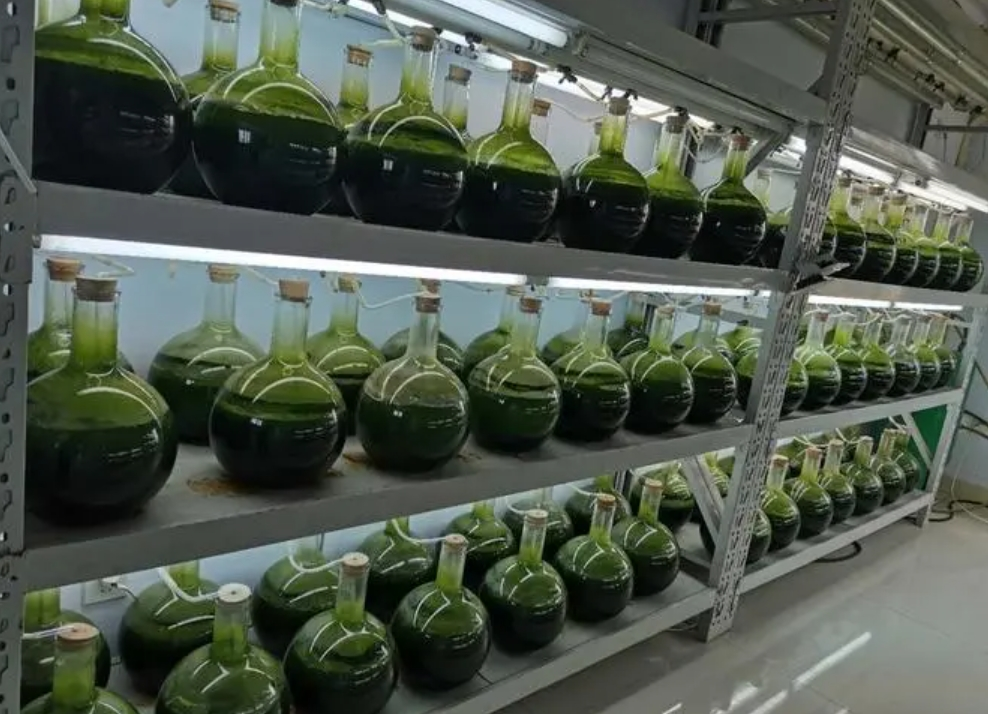In the bustling world of health supplements, the debate between organic chlorella powder and its non-organic counterpart is one of significant interest. As a leading organic chlorella powder supplier, we're here to provide a comprehensive exploration of the key differences and impacts these two forms of chlorella have on human health.
Organic chlorella powder is cultivated in a strictly controlled environment free from synthetic chemicals, pesticides, and fertilizers. This method ensures that the chlorella remains untainted by harmful substances, making it a purer option for consumers. As an organic chlorella powder supplier, we understand that the purity of the product directly impacts its effectiveness and safety for human consumption. The absence of artificial additives in the cultivation process not only makes organic chlorella tablet environmentally friendly but also enhances its nutritional profile.
Nutritional Value and Bioavailability
Both organic and non-organic chlorella powders boast a rich array of nutrients, including vitamins, minerals, and antioxidants. However, the organic variant might have an edge in terms of bioavailability. The natural cultivation methods can lead to a higher concentration of beneficial compounds, making them more readily absorbable by the body.

Non-Organic Chlorella: Cost-Effective yet Questionable
On the flip side, non-organic chlorella powder is typically more affordable. However, it is often grown in environments where chemical fertilizers and pesticides are used. These chemicals can potentially contaminate the chlorella, introducing unwanted residues into the final product. While these products are generally considered safe, the long-term effects of these trace chemicals on human health are still a topic of research.
Environmental Impact and Sustainability
As a responsible organic chlorella powder supplier, Pekhill emphasizes the environmental benefits of organic farming practices. These practices are sustainable and have a lower environmental footprint compared to conventional methods used in non-organic chlorella cultivation. Choosing organic chlorella supports sustainable agriculture and contributes to the well-being of our planet.
One of the main differences between organic and non-organic chlorella powders is the price point. Organic chlorella is generally more expensive due to the higher costs associated with organic farming. However, many consumers find the additional cost worth it for the potential health benefits and environmental advantages.
In conclusion, while both organic and non-organic chlorella powders offer nutritional benefits, the choice ultimately depends on individual priorities and concerns. If purity, environmental sustainability, and maximum nutrient bioavailability are your primary concerns, organic chlorella powder is the way to go. As a leading supplier in this field, we are committed to providing the highest quality organic chlorella powder, ensuring that you receive all the benefits this remarkable superfood has to offer.
In your journey towards optimal health, remember that the choice between organic and non-organic chlorella powder is not just about personal health, but also about the health of our environment. Trusting a reliable organic chlorella powder supplier can make all the difference in ensuring you receive a product that aligns with your health goals and ethical standards.